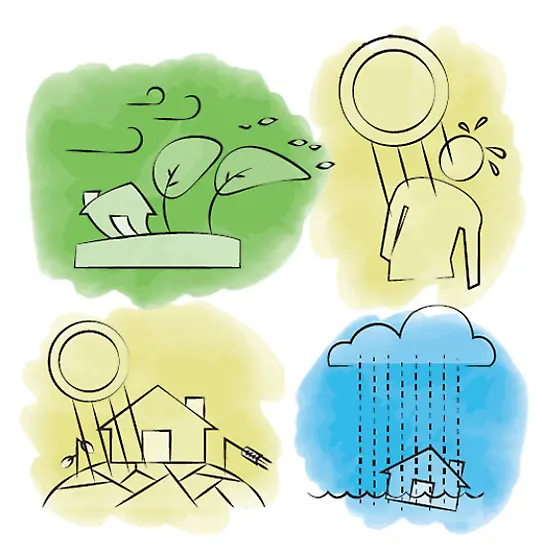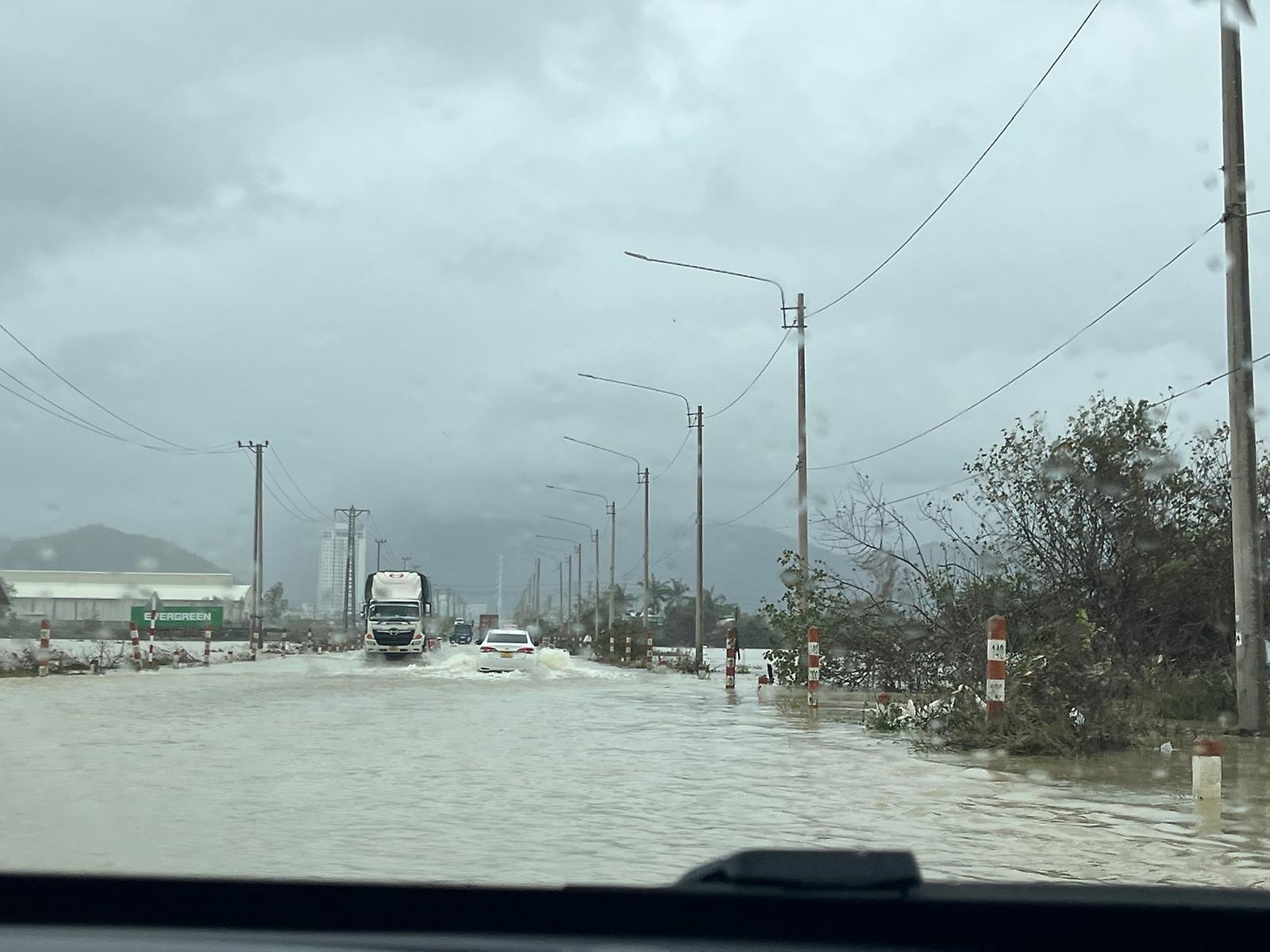Report compiles knowledge about climate extremes in Sweden
Researchers have compiled existing knowledge about extreme weather events in Sweden, noting an increase in the number of extreme heatwaves in recent decades. A changing climate is expected to bring a rise in extreme weather events, so it is important to learn more about them.
The Climate Extremes research project examines extreme weather events with a significant social impact. Researchers have studied how often such events have occurred in Sweden during recent decades. They conclude that only heatwaves and extreme cold have taken place often enough for there to be sufficient data to distinguish clear trends on the change in occurrence.
Sweden’s maximum summer temperatures have risen in recent decades, while the number and intensity of cold periods during the winter have decreased. The researchers have noted a slight increase in the frequency of droughts. Extreme winds are increasing across the North Atlantic/Northern Europe, but no clear trend can be discerned for Sweden.
In terms of extreme precipitation, snow, flooding, hailstorms, thunderstorms and tornadoes, the researchers are unable to comment on the trends for recent decades since there is insufficient data to draw any conclusions.
 Zoom image
Zoom imageWhile extreme weather events are rare by their very nature, they have the greatest effect on society when they do occur. Researchers from SMHI have investigated the occurrence of extreme weather events in Sweden during recent decades.
Climate change leads to more extreme weather
Research shows that as the climate is changing and becoming warmer, there is a growing risk of many types of extreme weather. The researchers are not surprised that no representative climatology can be established from existing data for recent decades.
“For certain types of extreme weather, we cannot identify clear trends during the observed period,” says Head of SMHI’s Rossby Centre Ralf Döscher, who led the compilation work. “However, we can expect an increased risk in future. While these extreme events are rare by their very nature, they have the greatest effect on society when they do occur.”
The researchers point out the importance of continuing to increase and quality assure the climate observations that are gathered, and to digitalise historical data.
“It’s also important that we continue to improve the description of the climate system and to make our climate models more detailed, giving us tools to investigate how these extreme events will develop in future,” adds Ralf.
Within the project, SMHI has had a reference group of researchers, both in Sweden and internationally, as well as representatives from municipalities, county administrative boards and industry. The report will provide Swedish users with knowledge that can help when making adaptations in line with a changed climate, and to alleviate climate impact.
The project has been financed by the Formas research council.



